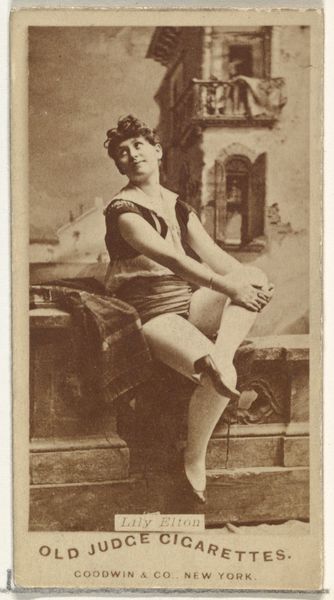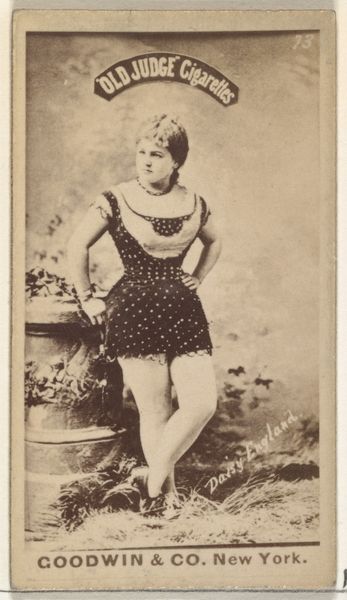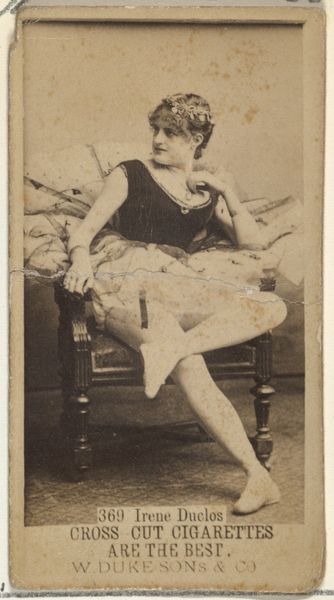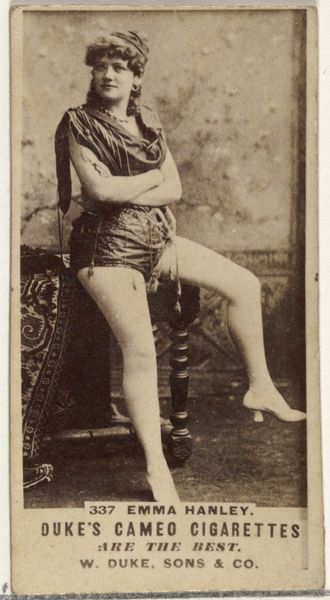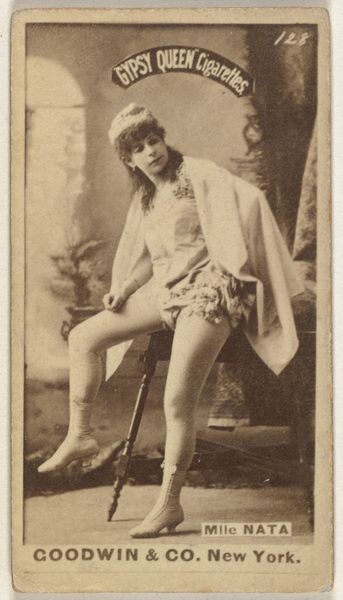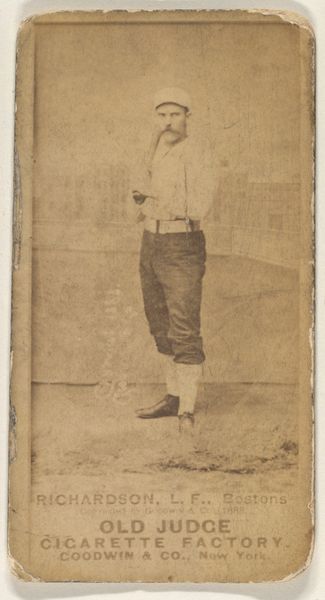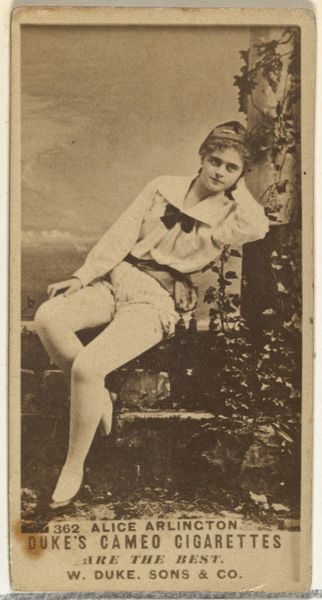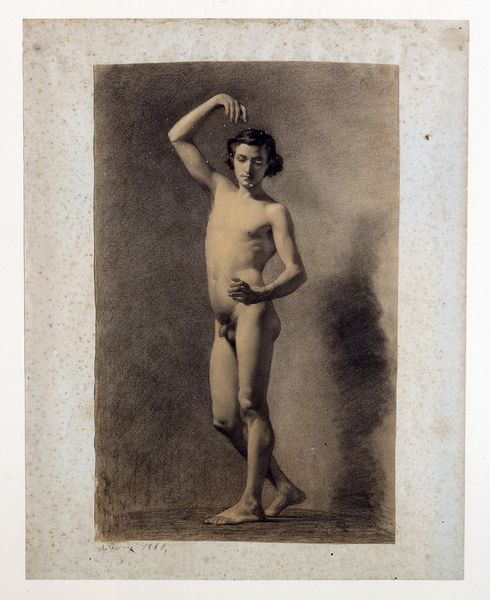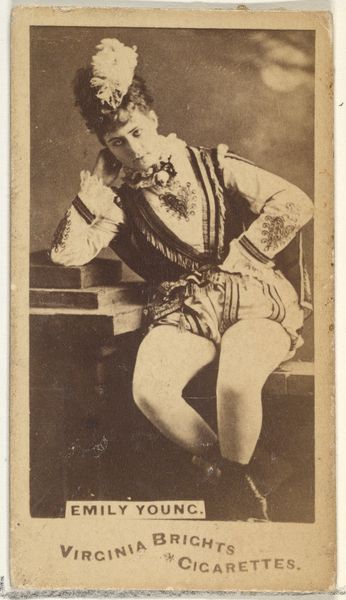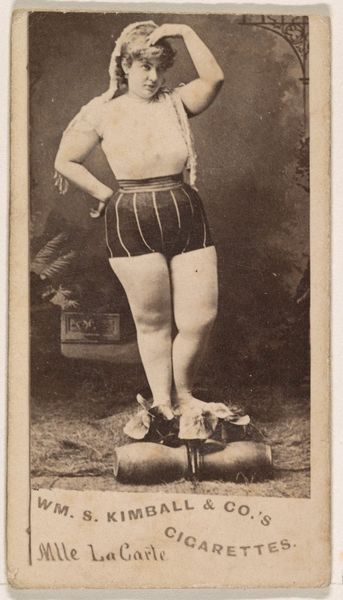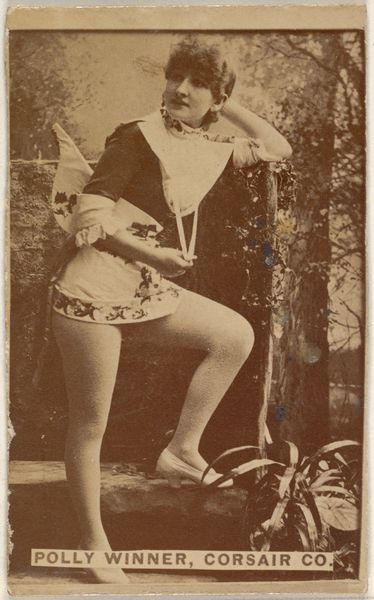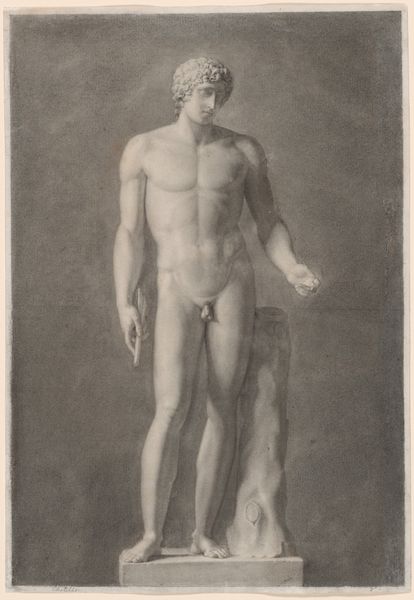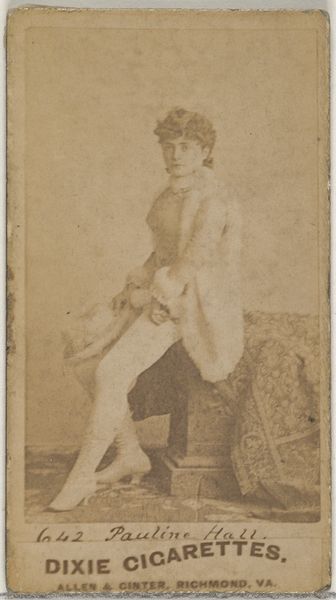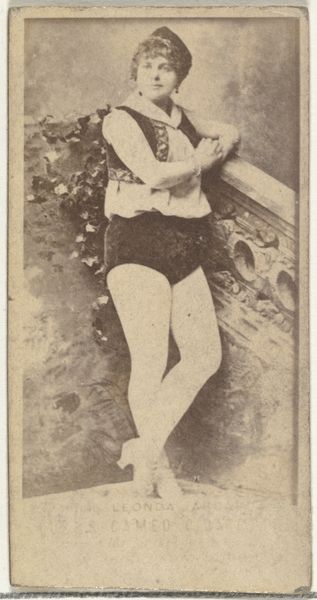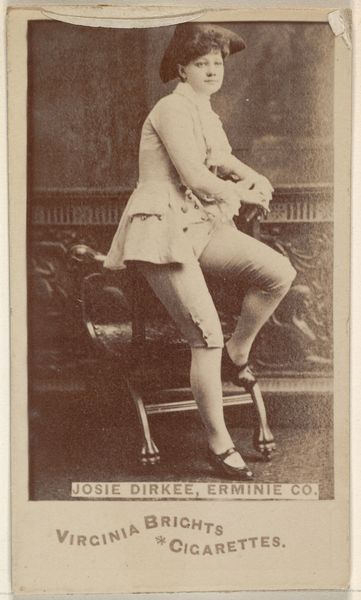
photography, gelatin-silver-print
#
portrait
#
photography
#
gelatin-silver-print
#
modernism
#
portrait photography
#
realism
Dimensions: image/plate: 12.7 × 10.2 cm (5 × 4 in.)
Copyright: National Gallery of Art: CC0 1.0
Editor: Here we have Deborah Luster’s gelatin-silver print, “Angola, Louisiana,” created sometime in the 1990s. The aged effect gives it a timeless quality, and the man's gaze is really intense. What do you see in this piece, particularly given the title? Curator: Luster's work is often rooted in challenging the power structures within the justice system, so the location named in the title, “Angola, Louisiana," immediately prompts questions. Are we seeing someone directly connected to the Louisiana State Penitentiary, historically a plantation and now a maximum-security prison farm predominantly housing Black inmates? Editor: So, his expression isn't just a pose, but a potential reflection of the realities of that system? Curator: Exactly. The direct gaze challenges viewers to consider the individual within a dehumanizing system. The traditional portrait style, contrasted with the setting implied by the title, opens a dialogue about representation and power. Does the sitter have agency, or is he presented as a symbol of incarceration and systemic injustice? How do race and class intersect here, considering Angola's history? Editor: I didn't consider the power dynamics at play. The portrait format feels almost… confrontational now. Curator: Think about the history of portraiture – who gets immortalized, who has their story told? Luster subverts those conventions by focusing on a population often marginalized and silenced. It's a stark reminder of the carceral state and its impact on individual lives and communities. Editor: That definitely shifts my perspective. I'll be thinking about those questions of representation and the prison system for a while! Curator: Indeed, this piece really exemplifies how art can become a lens to critically examine societal injustice. It’s not just a portrait; it's an interrogation.
Comments
No comments
Be the first to comment and join the conversation on the ultimate creative platform.
